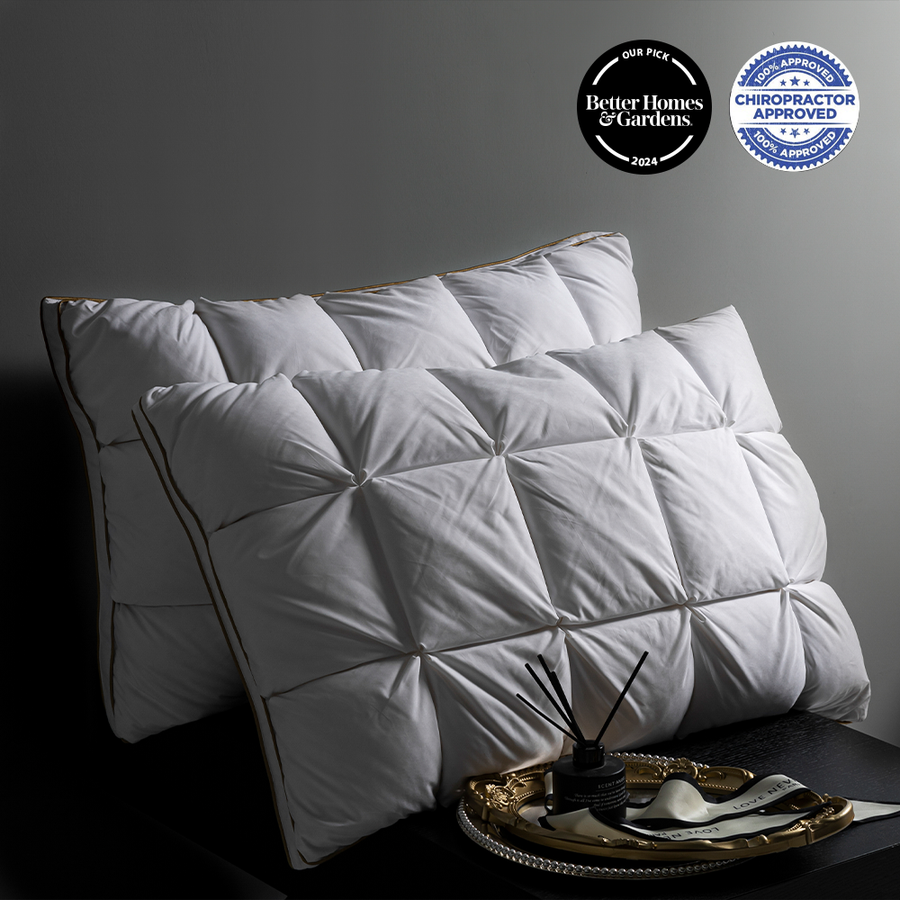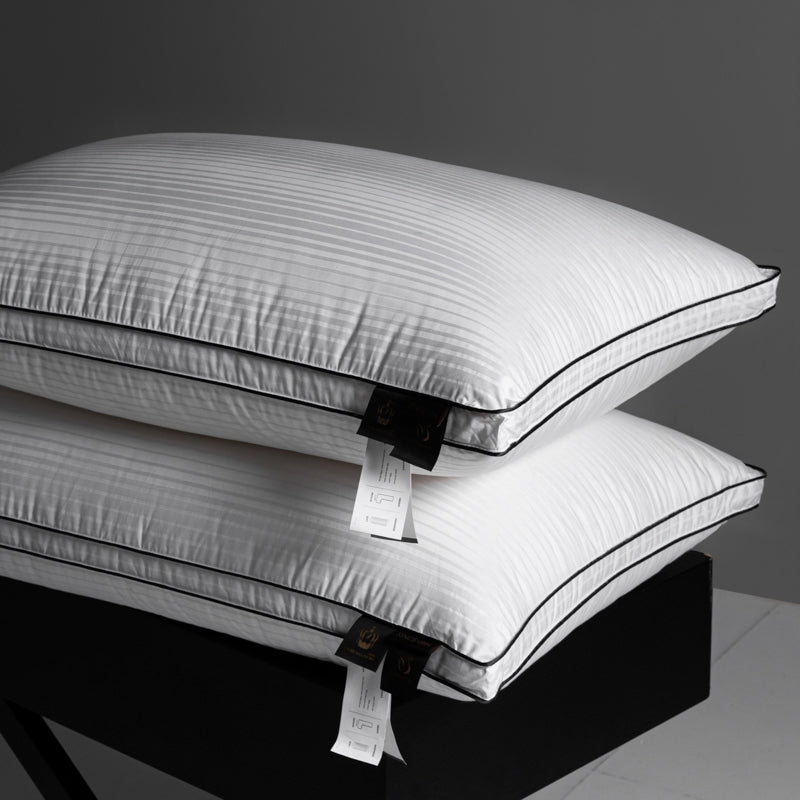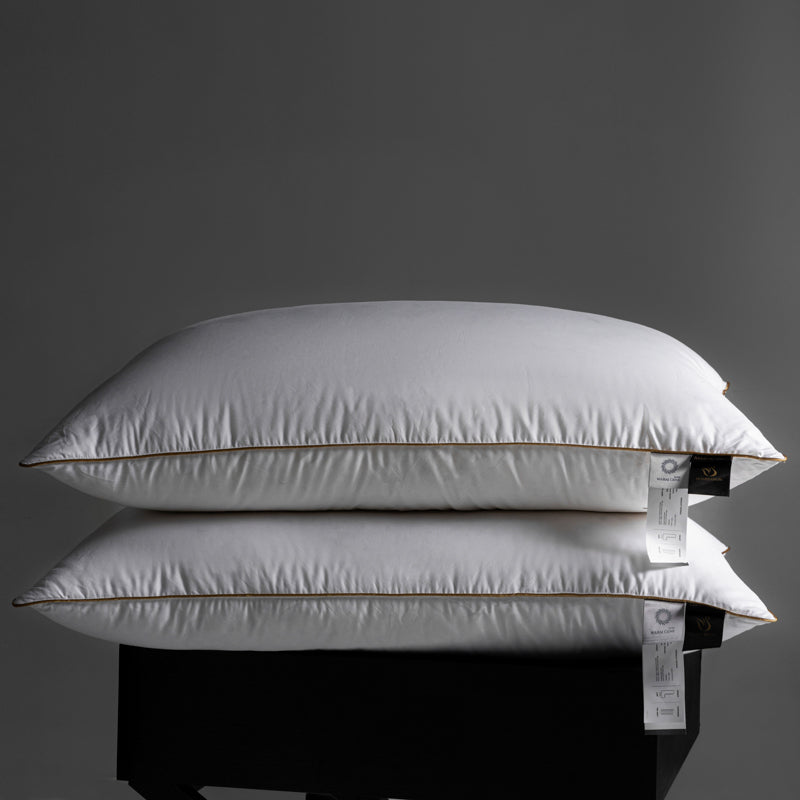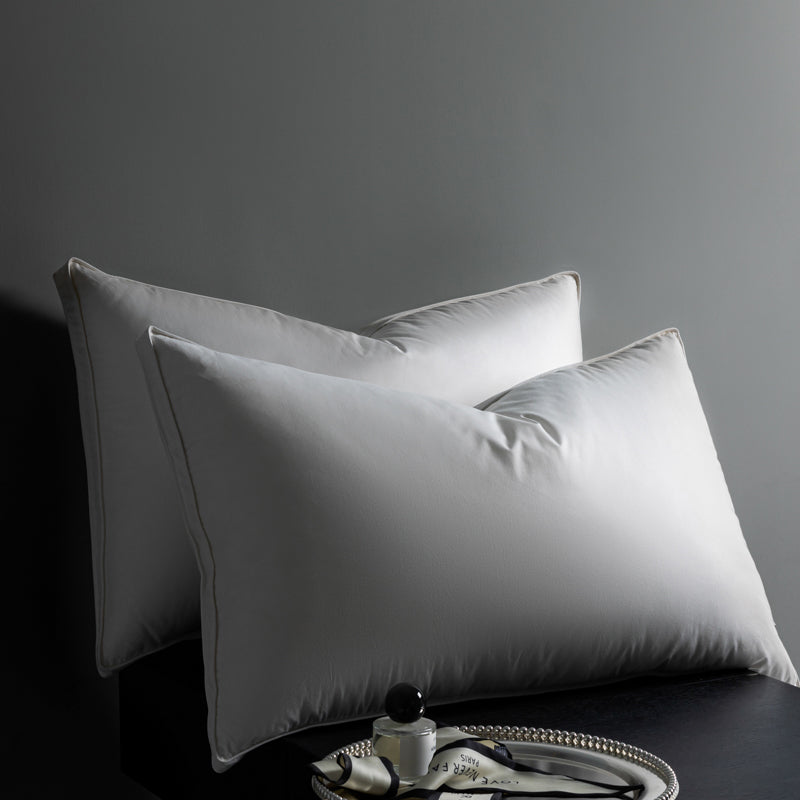The Importance of Sleep for the Immune System
It is widely acknowledged that sleep plays a vital role in maintaining our general state of well-being. It facilitates the restoration of energy, enhancement of memory, and regulation of body temperature. Nevertheless, it is important to note that there exists a significant correlation between sleep and the immune system, a connection that may elude the awareness of many individuals.
The Significance of Sleep and the Immune System

In recent decades, there have been notable developments in the field of sleep science, which have shed light on the considerable significance of sleep for almost every bodily system. Numerous studies have demonstrated a significant association between sleep and the immune system, indicating a reciprocal interaction between the two.
The immune system serves a crucial role in preserving our overall well-being. It facilitates wound healing, mitigates the risk of infections, and provides safeguards against chronic ailments and potentially fatal conditions. Conversely, sleep deprivation has the potential to compromise the immune system, rendering individuals more vulnerable to various ailments.
The Impact of Sleep on the Immune System
During the sleep cycle, the immune system engages in a multitude of processes aimed at bolstering our immunological response and safeguarding our bodies against harmful pathogens. The organism generates and releases immunological components such as leukocytes, immunoglobulins, and cytokines. Sleep has a crucial role in the elimination of deceased or impaired cells, the mitigation of inflammation, and the regulation of various immune cell populations and their respective functions.
Insufficient sleep or poor sleep quality has the potential to exert a detrimental effect on the immune system. Empirical research has demonstrated that insufficient sleep has been associated with a reduction in the quantity and functionality of immune components, an elevation in inflammatory levels, a disruption in the interplay of immune cells, and a compromise in immune memory.
Recommendations for Maintaining a Healthy Immune System
In order to sustain a robust and well-functioning immune system, it is imperative to prioritize sufficient and high-quality sleep. The following recommendations are both straightforward and impactful:
- Adhere to a consistent sleep pattern: Align your sleep duration with your individual requirements. Most individuals require 7 to 9 hours of sleep per day, while certain populations such as children and the elderly may require additional sleep.
- Avoid electronic gadgets before sleep: Refrain from utilizing electronic gadgets, such as mobile phones, computers, and televisions, throughout the period leading up to sleep. The emission of blue light from these devices has the potential to impede our circadian rhythm and disturb our sleep patterns.
- Create a conducive sleep environment: Establish a setting that is both comfortable and conducive to a peaceful sleep. Reduce potential disruptions to sleep, including excessive light exposure, noise disturbances, and suboptimal ambient temperature. Utilize strategies such as curtains, earplugs, or air conditioners to enhance the quality of your sleep environment.
- Restrict stimulating substances: Limit the intake of stimulating substances, such as coffee, tea, alcohol, and nicotine, prior to going to sleep. These substances have the potential to impact the overall quality of your sleep, leading to difficulties in both initiating and maintaining sleep.
- Maintain a healthy lifestyle: Adhere to a nutritious and well-rounded dietary regimen, in conjunction with consistent engagement in physical activity. These lifestyle characteristics are associated with enhanced physical well-being and the promotion of higher sleep quality.
















Leave a comment